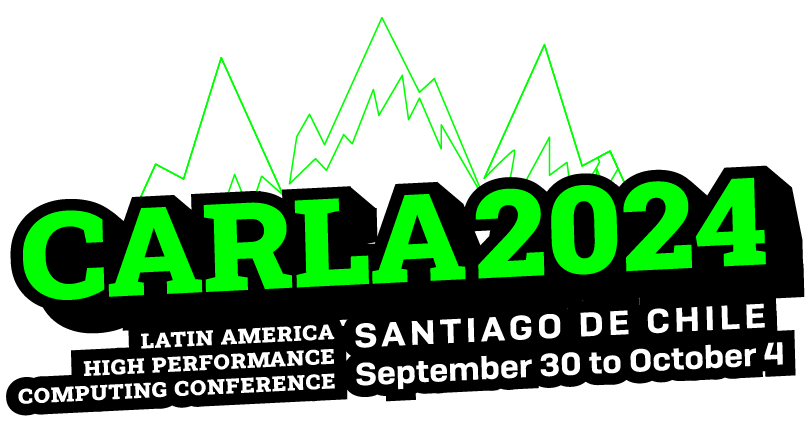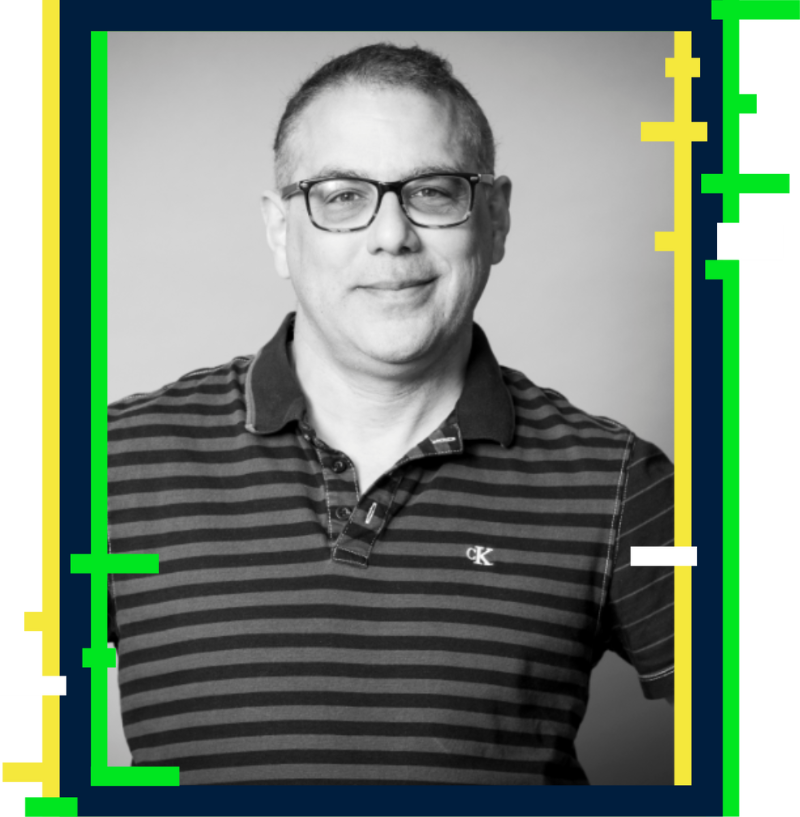Chair(s):
Silvio
Rizzi
Argonne National Laboratory,
USA
srizzi@anl.gov
Maria
Pantoja
CalPoly, USA
mpanto01@calpoly.edu
Location:
Esplanade (Main Courtyard), d’Etigny Auditorium
Program: Tuesday, October 1, 14:30-18h
First Session
14:30-15:30
Keynote speaker: George K. Thiruvathukal
Title Presentation: Reusing Deep Learning Models: Trust, Challenges, and Directions for Software Engineering 2.0 in an Era of Generative AI
15:30-15:45
“PoI+NBU: A Feasibility study
in Generating High-Resolution Adversarial Images with a
Black Box Evolutional Algorithm based Attack”.
Mancellari, Topal, Leprevost.
15:45-16:00
“Polyhedral digital Jordan surfaces”. Josef ŠLAPAL
16:00 – 16:30 – Coffee break
Second Session
16:30-16:45
“Towards a Definition of
Computing Continuum”.
Rojas
Yepes,
Carrillo, Le Mouël, Barrios H.Pablo Rojas.
16:45-17:00
Efficiency in the
classification of chest X-ray images through generative
parallelization of the Neural Architecture Search
Mejía Cajicá, Barrios H., Garcia Henao,
Riveill.
17:00-17:15
A temporal approach to urban
crime forecasting using recurrent neural
networks
Perez Leal, Romo
Bucheli, Ríos Gutiérrez.
17:15-17:30
Study of syllogism in the
paradigm of quantum logic.
Bañuelos
Aquino, Orizaga
Trejo.
17:30-17:45
Performance Evaluation of an
Oil and Gas Application on the NVIDIA Grace CPU
Superchip
Lorenzon, Künas, Osthoff, Navaux,
Oliveira.
17:45-18:00
Empirical evaluation of
parallel implementations of
MergeSort
Solsona,
Nesmachnow

Advanced Computing Trends in Latin America
Description
The Workshop on Advanced Computing Trends in Latin America provides a platform for researchers to present high-quality research on various aspects of advanced computing. The workshop covers topics such as e-science, disruptive computing, applications of HPC and advanced computing, quantum computing, large-scale and collaborative computing architectures, data science, and HPC trends specific to the Latin American region. While the focus is on Latin America, contributions on other topics such as education, HPC/AI applications, Green HPC, applied HPC (smart cities, agriculture, social, cultural, healthcare, climate exchange, security), quantum computing, non-von Neumann architectures, and related fields are also welcome.
Keynote
Speaker: George K. Thiruvathukal,
Loyola University of Chicago
Title: Reusing Deep Learning Models: Trust, Challenges, and Directions for Software Engineering 2.0 in an Era of Generative AI
Abstract
Deep neural networks (DNNs) achieve state-of-the-art performance in many areas, including computer vision, natural language processing, system configuration, and question-answering. However, DNNs are expensive to develop, both in intellectual effort (e.g., devising new architectures) and computational costs (e.g., training). Reusing DNNs offers a promising solution to amortize these costs, both within organizations and across the broader computing industry. As the paradigm shifts towards Software 2.0, however, understanding reuse patterns becomes critical. Trust in deep learning models is essential, particularly as they become integrated with traditional (non-ML) software. Software engineering must also evolve to account for the growing use of DNN components, including generated artifacts. In the era of generative AI, where models and prompts serve as valuable artifacts, preserving them is crucial for ensuring reproducibility. This invited talk describes the challenges in current DNN reuse, including both technical gaps and missing engineering practices. We summarize failures in reuse techniques across conceptual (e.g., reuse based on research), adaptive (e.g., building on existing implementations), and deployment (e.g., reuse on new devices) approaches, while outlining advances needed to improve each.

